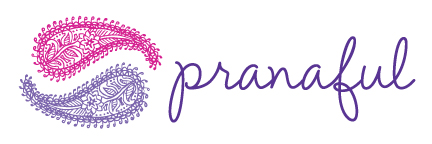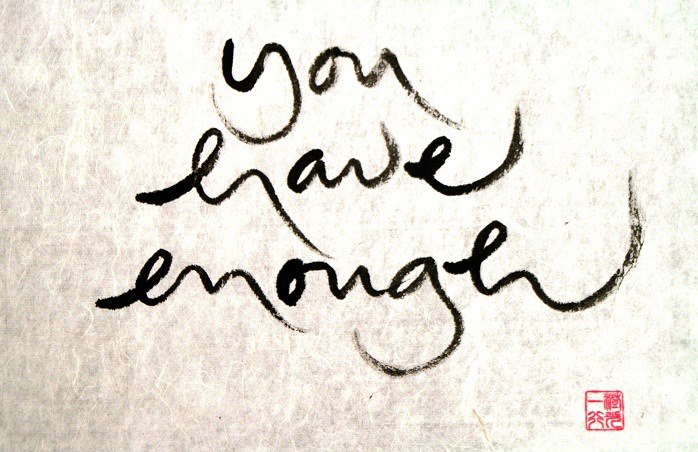It’s that time again. If you hang out in circles of friends like mine, everyone is talking about Mercury retrograde. If you haven’t heard about it in the last few days, chances are you will, as its current cycle is in effect until July 2.
My simple understanding of the phenomenon is that during this time, a reduction in speed of the planet Mercury’s typical orbit around the sun leads it to appear to travel backwards relative to its normal course. All planets go through this apparent motion, during which their spheres of influence are thought to be affected. Because Mercury rules communication and coordination, it is believed that its retrograde period leads to ensuing havoc here on our planet, and we are advised to take precautions like being extra clear in communications (and postponing any deep or weighty conversations), delaying the start of new projects or signing contracts, and avoiding major travel. In our digital age, issues with our devices and channels of communication – computers, phones, Internet service providers, etc. – also get attributed to Mercury’s movement.
Once a concept mostly relegated to discussions amongst astrologers, it’s been my experience that awareness of Mercury retrograde has blossomed over the last decade with the rise of social media. It has even garnered coverage in mainstream news outlets, complete with advice for surviving this seemingly harrowing time.
In my own experience, what Mercury retrograde has meant is a near constant stream of friends (and random strangers, like the guy in the line at Whole Foods this morning) attributing various difficulties in their lives to this planetary occurrence. Basically, it seems that for a lot of people, anything that goes wrong during the three- week retrograde cycle gets blamed on Mercury.
I like to believe that we live in one giant inter-connected web of energy spanning the entire universe, so although I may not understand all the mechanics of retrograde movement, I do believe that the influence of a planet can have effects that ripple outward in all directions. However, my experience of watching Mercury become a scapegoat for car breakdowns, fiery breakups and e-mail malfunctions often bothers me, as we seem to use this astrological event to avoid looking at the circumstances of our lives, and our own contributions to the types of mishaps that become more prevalent when Mercury steps on its brakes. We are only two days in to Mercury’s current retrograde cycle, and already I’ve seen at least three friends blame it for various troubles via my Facebook feed this morning.
In Ayurveda (the Indian science of life and healing), a guiding principle is the notion that “like increases like,” meaning that if an element is present in an environment, adding more of that element leads to a greater preponderance of that element. Too much “likeness” is the cause of imbalances and disease in the body and mind. I think this concept can be applied to all aspects of our lives, particularly in regards to how we hold space for harmony and chaos.
My experience has shown me that when chaos is present, more chaos typically ensues. We all know people who are drama queens (or kings) who embody this truth. It is my personal belief that many of the people who find their lives in shambles because of Mercury retrograde already were experiencing some degree of chaos in regards to communication and coordination prior to the beginning of the retrograde period. And too often, rather than looking at the root cause, such people direct venom and anger to Mercury for a day or two, maybe even weeks, without ever stopping to look at the conditions present prior to Mercury going retrograde that might have led to that particular disruption.
If you’re someone who is prone to blaming Mercury for all that goes wrong during retrograde, perhaps before sharing your next vitriolic Facebook post demonizing the planet, you can take a moment to pause and examine the deeper causes of whatever event has transpired. How have you been personally responsible for what happened? What could you have done differently?
I believe that through this process of deep looking, we can often find ways that we have been out of integrity in our communications, perhaps not speaking our mind openly or obscuring the truth to achieve various agendas, as well as ways we may have neglected to maintain impeccable coordination in our affairs with others.
I’m not asking you to discount the effect that Mercury may have in whatever has happened. But, I would encourage you to see how you fit into the equation, and more importantly, to identify steps you can take to avoid future mishaps, whether Mercury is moving slowly or not.





